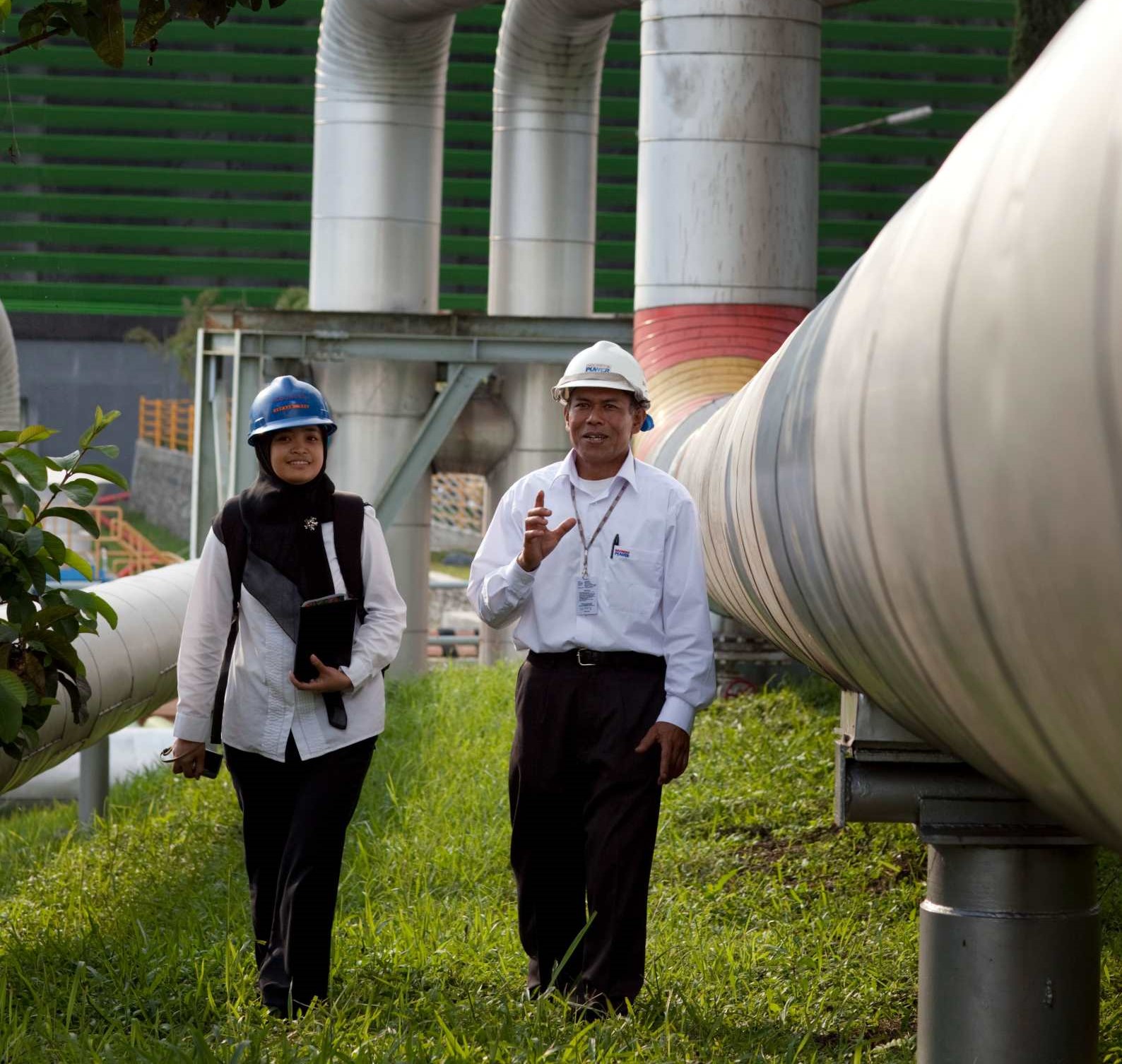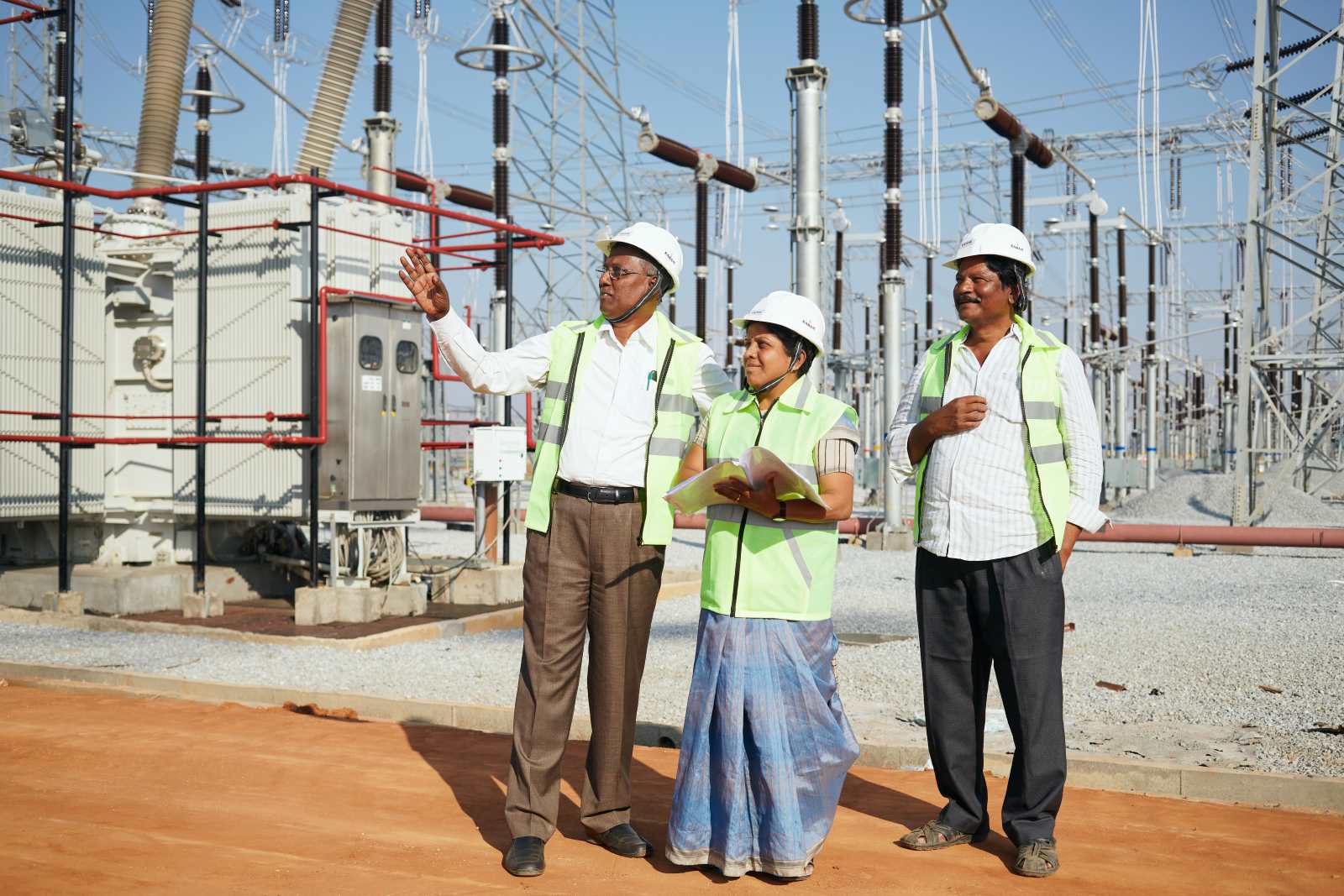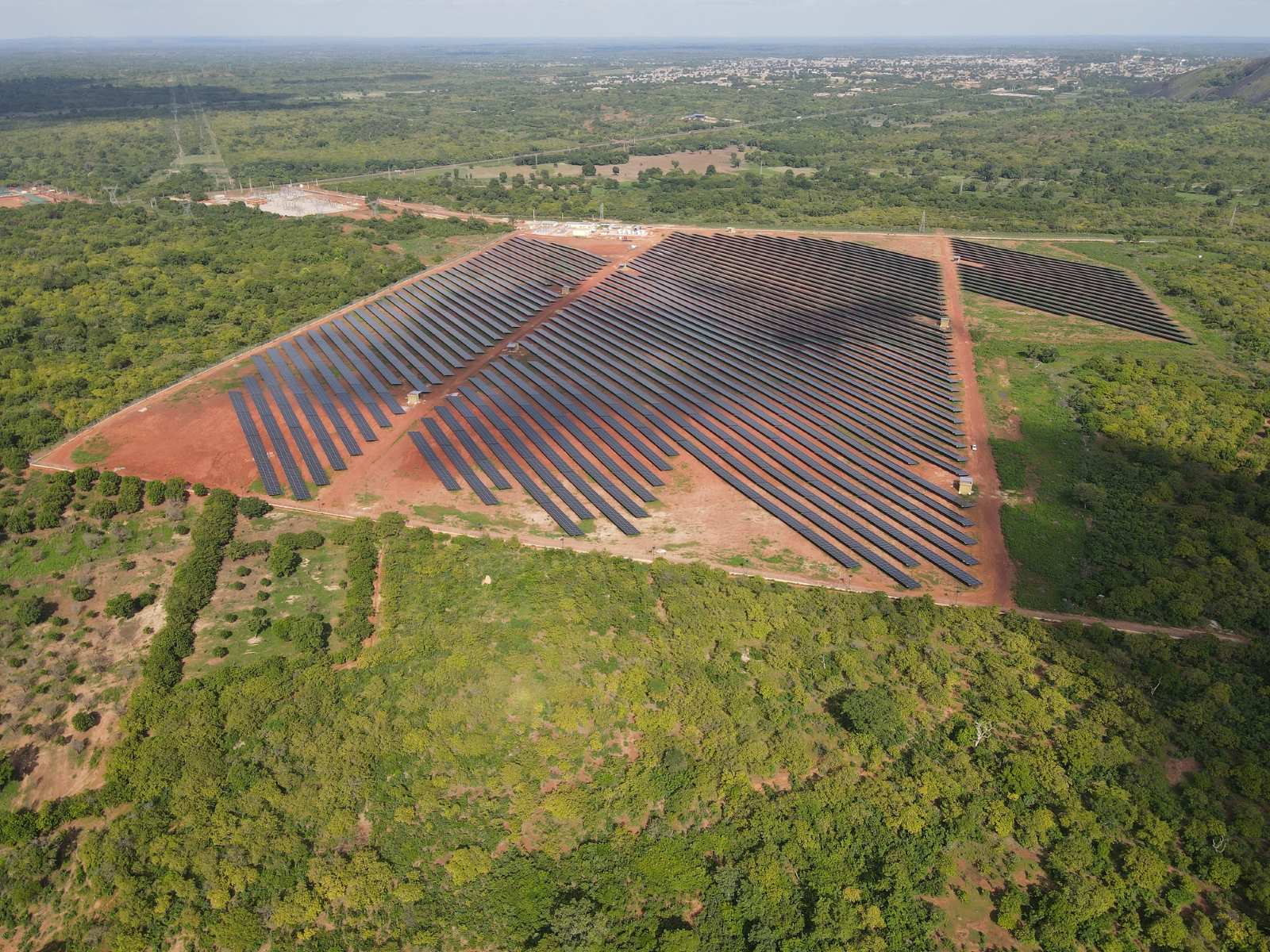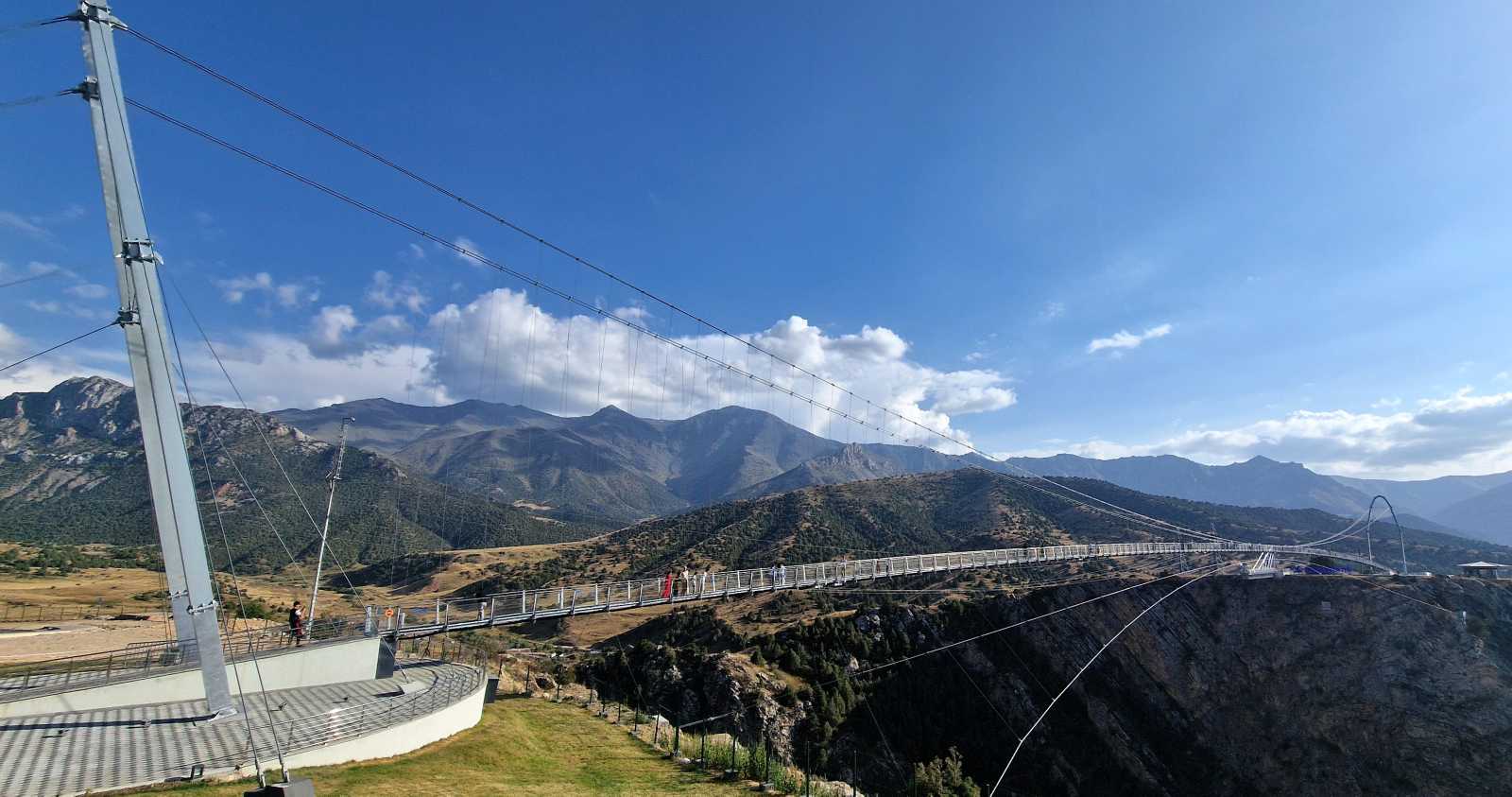Environmental protection
How refill stations fight plastic waste in Victoria Falls
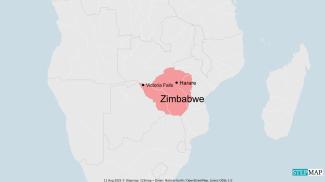
On a hot afternoon in Victoria Falls town, one of Africa’s busiest tourist places, visitors crowd around the viewpoints of the thundering waterfall, cameras in hand and plastic water bottles at their feet. The empty bottles often end up in overflowing bins or scattered on the ground, a quiet reminder that the region’s booming tourism industry comes with an environmental cost.
As tourists flock the UNESCO World Heritage Site, the single-use plastic they leave behind – particularly water bottles – threatens the ecosystem that draws them in. The town, which is estimated to be hosting more than a million visitors annually, struggles with waste management. The consequences are serious: elephants have been found ingesting plastic from local dumps, some of them died. Plastic also clogs waterways, causing drainage problems and endangering the site’s status as a Ramsar-listed wetland of international importance.
To tackle this growing problem, a Victoria Falls-based company, EcoDrop, is offering a simple but innovative solution. Tourists and locals can now buy aluminium reusable water bottles equipped with QR codes. These codes can be scanned at refill stations placed at the airport and around the city, in order to get clean, filtered water.
“Every barcode is specific to where you bought the bottle,” explains EcoDrop director Casey Bean. “An average tourist stays about two and a half days in Victoria Falls. In our tests, they refilled 14 to 15 times during that period. We offer 30 refills – enough to avoid buying plastic bottles altogether while here.”
The local plastic problem mirrors a broader national challenge. Zimbabwe produces an estimated 300,000 tonnes of plastic waste annually, about 18 % of all solid waste. In Victoria Falls alone, around 3,300 tonnes of solid waste are generated each year by residents and the tourism industry. A significant share comes from plastic bottles.
Amkela Sidange, Environmental Education and Publicity Manager at Zimbabwe’s Environmental Management Agency (EMA), stresses the importance of keeping UNESCO sites like Victoria Falls free from plastic pollution. “Single-use plastics degrade slowly, fragmenting into microplastics that contaminate water and soil, harming aquatic life in the Zambezi River,” she says. Plastic waste, she adds, also damages wetlands by blocking water flow and destroying flora and fauna. “Safeguarding the ecological integrity of Victoria Falls is paramount.”
Sidange also points out that EMA is addressing single-use plastic pollution through policy measures, including enforcement of the Environmental Management Act and the Statutory Instruments. These regulations prohibit the manufacture, distribution, import and use of thin plastics under 30 microns, and ban polystyrene packaging. Sidange hopes that, altogether, this will eventually make a significant change for Zimbabwe’s environment.
Lungelo Ndhlovu is a freelance journalist based in Bulawayo, Zimbabwe.
ndlovu.lungelo@gmail.com


